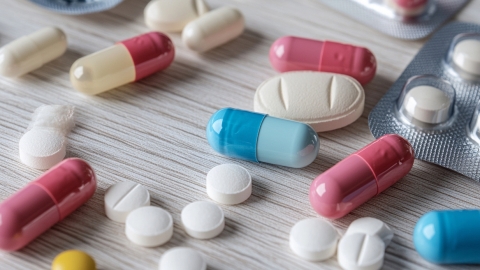Can adolescents with moderate depression avoid taking medication?
Generally speaking, whether adolescents with moderate depression can choose not to take medication should be determined based on individual circumstances and professional evaluation. The specific analysis is as follows:

If a professional assessment shows that symptoms such as low mood do not significantly affect daily study and life, there is no risk of self-harm, and sufficient family support is available along with consistent psychological therapy, medication may be temporarily avoided. Understanding and companionship from family members, combined with professional counseling from psychologists, can help adolescents process their emotions, adjust cognitive patterns, gradually build the ability to cope with negative feelings, and steadily improve their mental state.
However, if symptoms have clearly disrupted daily activities—such as difficulty concentrating, significant decline in academic performance, thoughts of self-harm, or severe disturbances in sleep and eating—and if psychological treatment proves ineffective, medication should not be avoided. Medication can rapidly alleviate severe depressive symptoms, reduce the risk of self-harm, and create better conditions for psychological therapy. Refusing medication without medical advice may lead to worsening symptoms and negatively impact physical and psychological development.
Encourage adolescents to participate in outdoor activities and spend time in nature to help relieve emotional stress. Maintain a regular daily routine with adequate sleep and avoid staying up late. Eat a balanced diet rich in nutrients and reduce consumption of spicy or stimulating foods. Patiently listen to their concerns without blame or judgment, offering emotional support. Monitor changes in mood, and if their condition worsens, promptly contact a healthcare provider to adjust the treatment approach.










